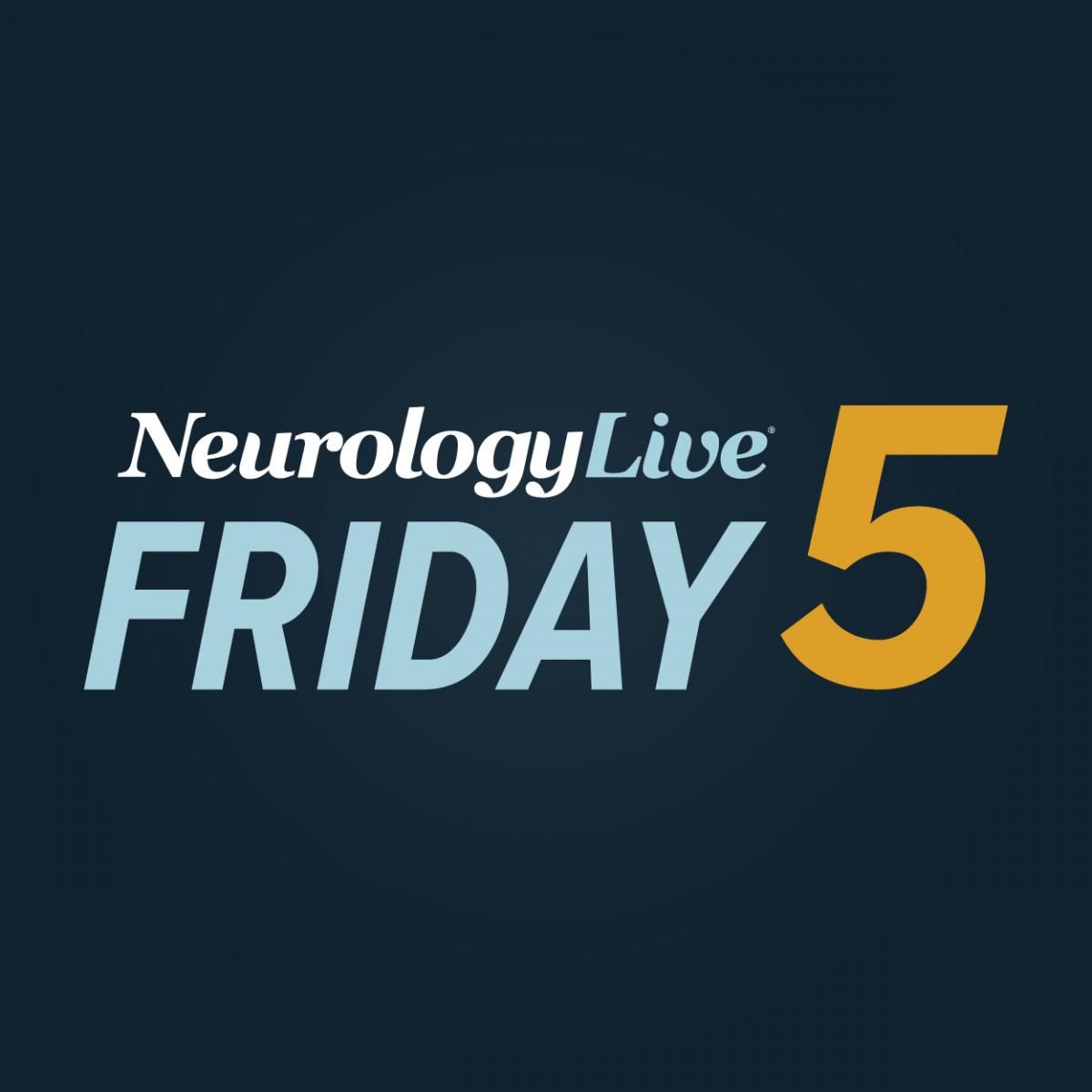Commentary
Article
Previewing AHS 2024: Gaining Clinical Insights Into Migraine Care
Author(s):
Howard Rosen, chief executive officer of the American Headache Society, provided commentary on the upcoming annual meeting and the unique types of educational sessions clinicians can look forward to.
Howard Rosen

The American Headache Society (AHS), founded in 1959, is a professional organization dedicated to the study and treatment of headache and facial pain. Over the years, AHS has grown into a leading authority in the field, advocating for headache research, education, and improved patient care. The AHS Annual Scientific Meeting, taking place June 13-16, in San Diego, California, is the cornerstone of the society’s efforts to foster collaboration and knowledge sharing.
The event, which brings together neurologists, researchers, primary care physicians, and other healthcare professionals, features a comprehensive program that includes plenary sessions, scientific abstract presentations, and educational workshops. In addition, the meeting also serves as a platform for young investigators to present their work and engage with established leaders in the field, promoting the next generation of headache specialists.
Prior to the meeting, NeurologyLive® reached out to Howard Rosen, chief executive officer of AHS, to give insight on what clinicians can expect at AHS 2024. Rosen gave insight on a few of the notable sessions and programs to pay attention to, the different types of clinical backgrounds who may be interested in attending, and how this year’s meeting differs from previously completed meetings.
For neurologists and migraine/headache specialists, what can they look forward to from this meeting? What skills will they gain?
We like to view the AHS Annual Scientific Meeting as having something for everyone interested in headache medicine – including specialists. The agenda is an intersection of basic science and clinical research – as evidenced by the more than 330 abstract submissions
Are there any specific unique sessions/courses clinicians should key in on?
Our Scientific Planning Committee, Chaired by Dr’s Szperka and Burish, has done a terrific job building an agenda that is filled with cutting edge sessions. While it’s difficult to single out individual sections at a meeting so rich in content, I am particularly interested in hearing more about technological developments including AI, new treatment options and what’s in the pipeline…as well as those sessions on post-traumatic headache.I also want to point out that at this meeting we highlight many AHS award winners who have contributed meaningfully to the field of headache medicine
How can this meeting be of benefit for young medical professionals or those who do not work directly in migraine/headache medicine?
I’m glad you asked this question – the Core Goal of the American Headache Society is to improve the lives of people living with migraine and other headache disorders. We do so by investing in research, advocacy, education and building a community of members which is now 2300 strong. We continue to invest in young medical professionals interested in headache medicine – and do so through a variety of programs. At this meeting we have our Research Career Development Program, we have multiple networking events and are continuing to offer our plenary pals program – essentially an opportunity for first-time AHS meeting attendees to be paired with a mentor to ensure their first meeting experience is a good one.
What discussions will be had about the use of CGRP medications as first-line options? Considering the AHS’s recent statement paper.
There are multiple presentations at this meeting that will provide insights for attendees on the mechanistic learnings as well as what we are continuing to learn in the clinic!
How does this meeting differ than previous meetings in the past?
The society continues to look for ways to provide innovative and inspirational content for our members and meeting attendees to digest. We’ve also created a number of opportunities for folks to engage, learn and enjoy everything that San Diego has to offer. From a content standpoint, won’t it be interesting to observe Dr’s Goadsby and Burstein debate where migraine medicines work / and why it matters?
Dr’s Pradhan and Harriott Chair a session on Saturday that focuses on the latest abstracts submitted. In addition, on the final day of the meeting there is a session on Emerging Targets for Migraine and Cluster.
Other notable sessions:
Research Career Development Program
Moderator: Elizabeth K. Seng, PhD, FAHS
What do Research Careers Actually Look Like?
Amynah Pradhan, PhD
Washington University in St. Louis
Elizabeth K. Seng, PhD, FAHS
Yeshiva University/Albert Einstein College of Medicine
Exciting Research in My Lab (and how I got into research)
TBD Speakers
3 x 20-minute "Hot Topic in Basic Science" talks
Includes background on how researchers arrived at the question.
Catherine D. Chong, PhD, FAHS
Mayo Clinic
Andrew C. Charles, MD, FAHS
University of California, Los Angeles
Panel Discussion: Types of Funding
Richard B. Lipton, MD, FAHS (industry funding)
Albert Einstein College of Medicine
Andrew F. Russo, PhD (basic science/government funding)
University of Iowa
Rebecca Wells, MD, MPH, FAHS, FAAN (clinical trials)
Atrium Health Wake Forest Baptist
Newsletter
Keep your finger on the pulse of neurology—subscribe to NeurologyLive for expert interviews, new data, and breakthrough treatment updates.





